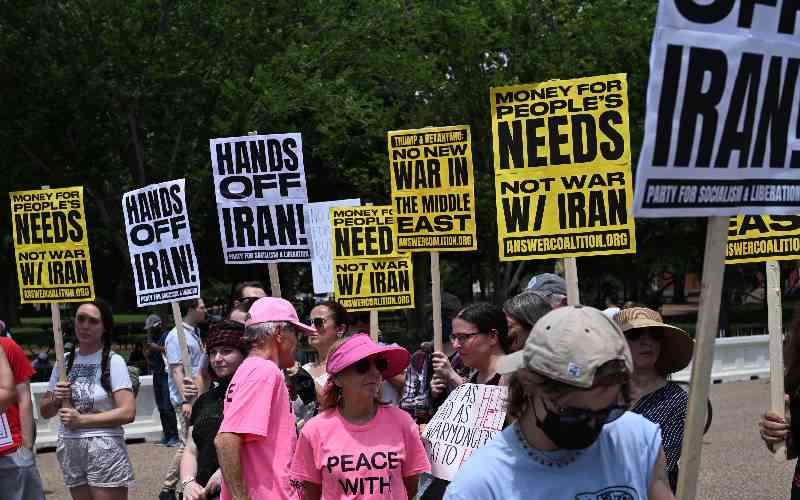
The growing conflict between Israel and Iran has become a major regional issue. At the heart of this standoff is the threat of nuclear weapons, a type of weapon of mass destruction that haunts humanity with the potential for massive destruction.
As tensions rise and military actions become more precise, we must not overlook the larger implications of the spread of these weapons in our connected world.
The current tensions arise from long-standing doubts about Iran’s nuclear goals and Israel’s unconfirmed but widely known nuclear power. Just like the saying goes, fire can be a good servant but a bad master; these fears bring to mind one of the darkest times in history: the atomic bombings of Hiroshima and Nagasaki in 1945. Those bombs, never tested before being used, caused devastation on an unprecedented scale.
Hiroshima’s 'Little Boy' had an explosive yield of about 15 kilotons of TNT, while Nagasaki’s 'Fat Man' produced 21 kilotons. In comparison, the Oklahoma City bombing of 1995 used around 2 tons of TNT, making Hiroshima’s explosion over 10,000 times more powerful.
More than 200,000 people died within months, and survivors faced lifelong health issues related to radiation. The scale and reckless nature of nuclear weapons led to the post-war establishment of the United Nations system, which aims to prevent such horrors from happening again.
Weapons of mass destruction, whether nuclear, chemical, or biological, inflict random suffering and break international legal standards, especially the principles of distinction and proportionality in armed conflict. Their effects cross borders, harming both civilians and the environment for generations. The global legal and moral system relies on preventing and controlling these weapons.
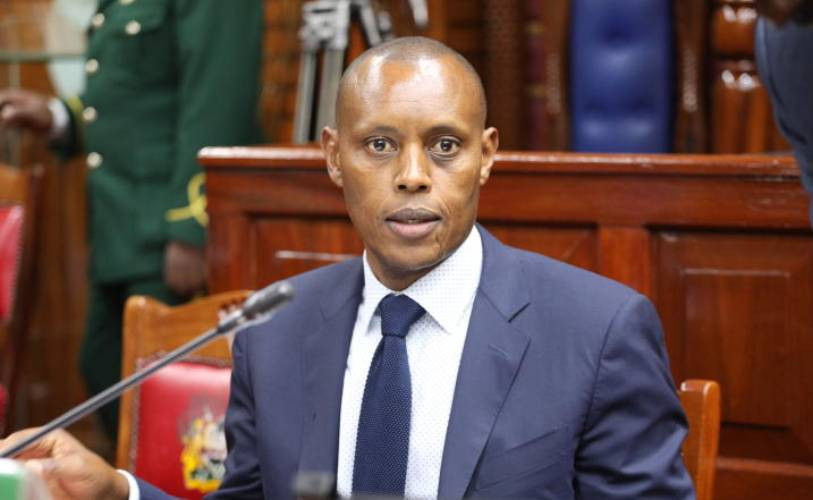
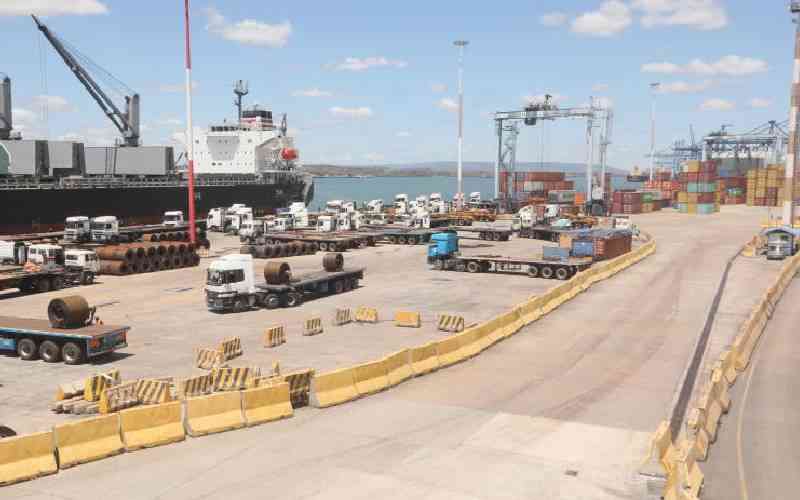
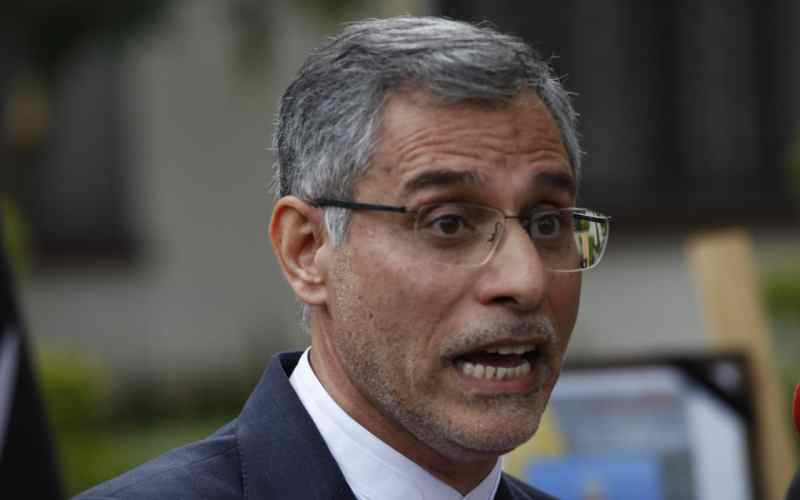
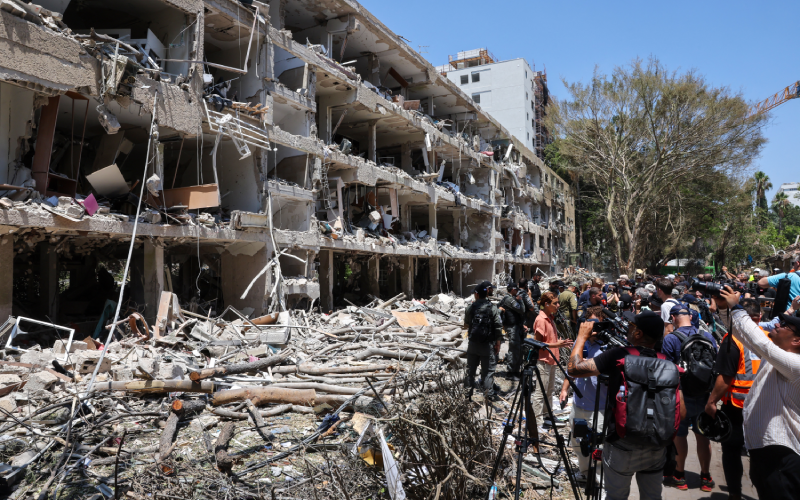
In today’s globalised world, the threat of WMDs is amplified by new challenges. Technological advances have made it easier to obtain sensitive information, materials, and dual-use technologies.
States and non-state actors, including terrorists and organized crime groups, actively seek WMD capabilities, often through hidden procurement networks. The link between WMD proliferation and terrorism is now a reality. A single incident of nuclear terrorism could not only cause mass harm but also disrupt global stability and security.
The international community has responded with a complicated system of laws and institutions designed to prevent the spread of WMDs. The International Atomic Energy Agency (IAEA) plays a key role with its safeguards and verification system, ensuring that nuclear materials are used only for peaceful purposes.
The United Nations Security Council Resolution 1540 requires all countries to create and enforce legal and institutional measures to stop non-state actors from gaining WMDs. Other agreements like the Nuclear Non-Proliferation Treaty (NPT), the Comprehensive Nuclear-Test-Ban Treaty (CTBT), and the Nuclear Suppliers Group (NSG) work together to limit access to dangerous materials and technologies.
While these global efforts have been somewhat successful in slowing proliferation, the Iran-Israel conflict reminds us that nuclear weapons are still a real threat. Peaceful uses of nuclear technology, such as energy production, medical treatments, and agricultural improvements, hold great potential.
For example, Kenya is promoting its peaceful nuclear program under strict regulations, following international best practices. However, when these technologies are diverted or misused, the results are irreversible.
It is often said that war begins in people's minds. This highlights the importance of diplomacy as the best way to prevent conflict. We must act urgently and decisively beyond just dialogue. This means strengthening global safeguards, addressing new technological vulnerabilities, and closing legal loopholes that allow the spread of weapons of mass destruction. Above all, it requires a renewed and steadfast commitment to peace and global security.
The memory of Hiroshima and Nagasaki must never fade; it should guide our actions to prevent humanity from repeating its most significant mistakes on an even larger scale.
- The writer is Public Awareness Director at the Kenya Nuclear Regulatory Authority
Stay informed. Subscribe to our newsletter